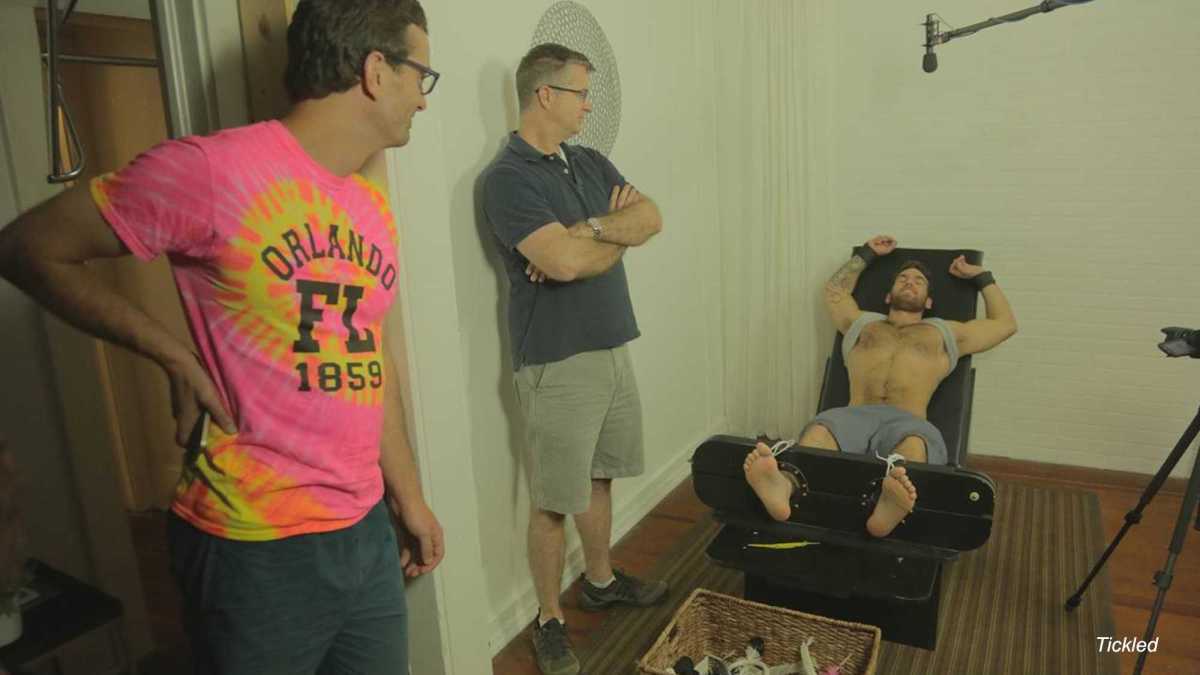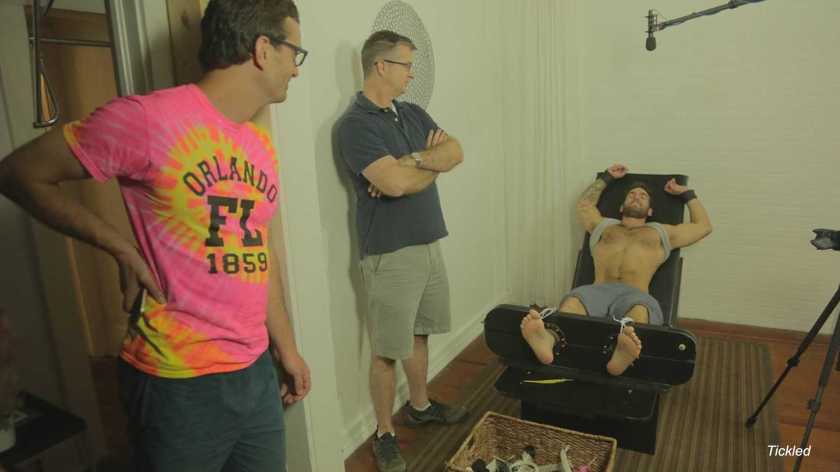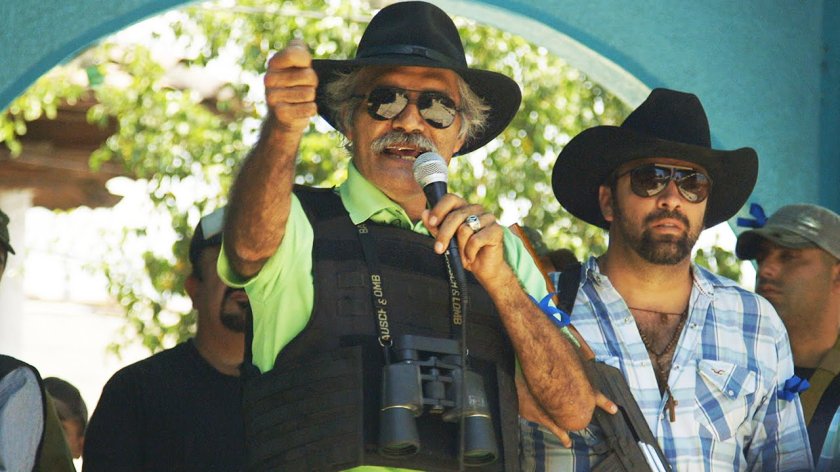Time to play catch up with some movies I didn’t have a chance to write in full about, thanks to, you know, life and stuff. But there were a few VERY good ones that I’d be remiss about not discussing at least a little bit
Annihilation (2018) / A-
Available only on Netflix is Europe, yet I wish I had a chance to see it again in cinemas, because Annihilation is an audio-visual wonder that my setup didn’t do justice to. It has one of the scariest original setpieces in recent memory and builds to an abstract marvel whose comparisons to 2001 are far from unearned. I kinda wish we got to spend more time with the supporting cast, who never get their full due, but I appreciate the fleetness of it; its contemplative, but rarely languid.
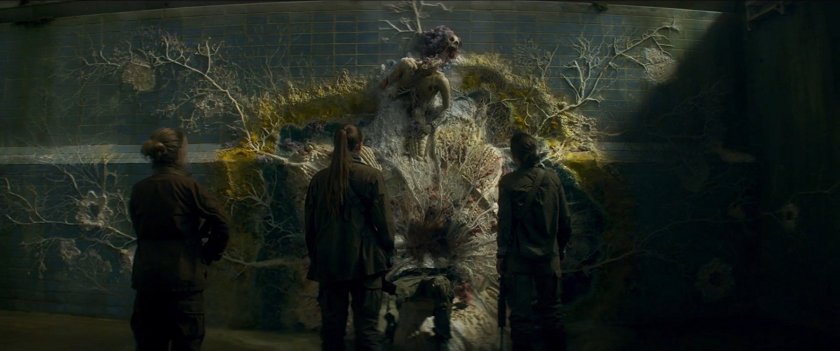
Tower (2016) / A
“We just fell in love and decided to take anthropology together.” Tower takes a big risk, veering dangerously close to exploitative in animating over real news footage to create a dramatic recreation of the 1966 University of Texas shooting, with talking head interviews with animated subjects whose survival of the events is unknown. But Tower walks that line with such grace, keeping its focus on those affected by the tragedy and refusing to even show the face of the shooter. It’s a deeply affecting, strikingly beautiful, and haunting piece of docu-art. [Available on Netflix and you should watch it.]

I, Tonya (2017) / C+
I, Tonya has two main desires: redeem Tonya Harding as a person worthy of sympathy and to whom the world gave an unfair shake, and to make an entertaining idiot-criminal movie in the vein of Elmore Leonard. It mostly succeeds at the first, but its failure at the second brings the whole thing down a bit. It may be a case of truth being stranger than fiction, but Harding’s operative-wannabe bodyguard was just too much to take a certain point. While Harding’s voiceover narration is welcome, the multiple talking-heads perspective is a bit pat, particularly in giving anything regarding a sympathetic voice to Harding’s abusive ex-husband. But its portrait of Harding and Margot Robbie’s performance really are quite good, and the first half focusing on Harding and her mother is really engaging.

Good Time (2017) / A-
Robert Pattinson will win an Oscar one day, and his performance as bleach-blonde slimeball Connie Nikas in Good Time will be at the top of the list of “Reasons Why This Shouldn’t Be a Surprise”. The plot is essentially a string of half-brained schemes whose sole goal is correct the failure of the previous one, but the way Connie obscenely and plainly abuses his charm to keep his head above water is both stomach-churning and fascinating. A scathing and uncomfortable critique of capitalism and white privilege is just under the surface of it, but even as a pure surface experience, Good Time is full of striking imagery, piano-string tension, and a fantastic Oneohtrix Point Never score. If there’s a criticism, its that it knows how clever it is and doesn’t hide it, but when the experience is this visceral, who cares.
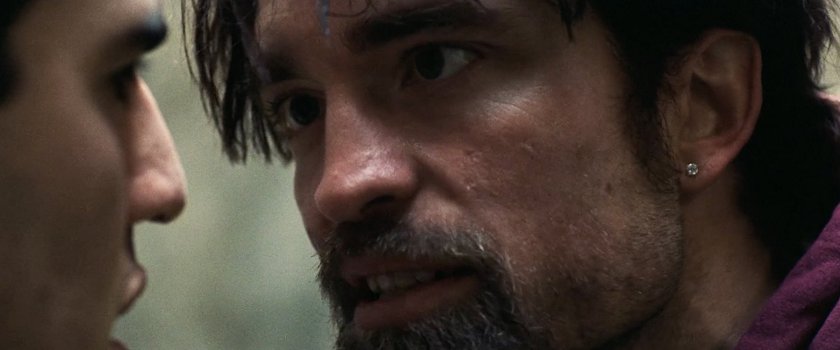
Gringo (2018) / C-
There’s a really fun crime romp for a Saturday afternoon hidden somewhere in Gringo, but damn could it use some editing to get there. It feels like the ever-growing ensemble chaos is building to a huge climax, but instead, the energy fizzles and half the characters just kinda wander off to do their own unrelated thing, like Charlize Theron’s alpha boss getting tanked with Alan Ruck. The odd monologues about The Beatles or the monkey business illusion feel like a ripoff of 1990s Tarantino ripoffs. But its concept is pretty fun when it commits to it, and the cast is game. It really leaves a bad taste with a fat-shaming gag at the end though.
The Florida Project (2017) / A
If I had made my list for 2017 a bit later, The Florida Project would maybe have taken the top spot. Incredibly warm, incredibly funny, just incredible. It’s not not a message movie, but in viewing everything through the eyes of children, it finds a sincere, honest, and pure sense of joy anchored in inevitable pain. Moonee and Jancey forever.




